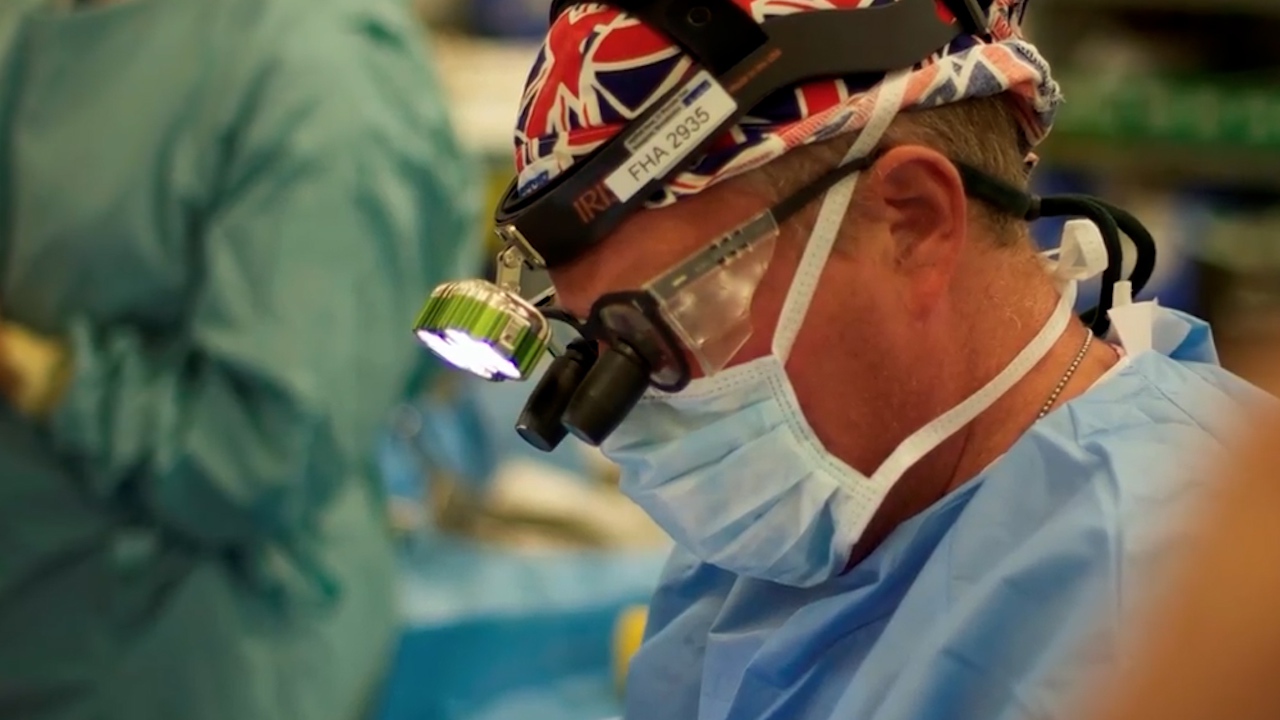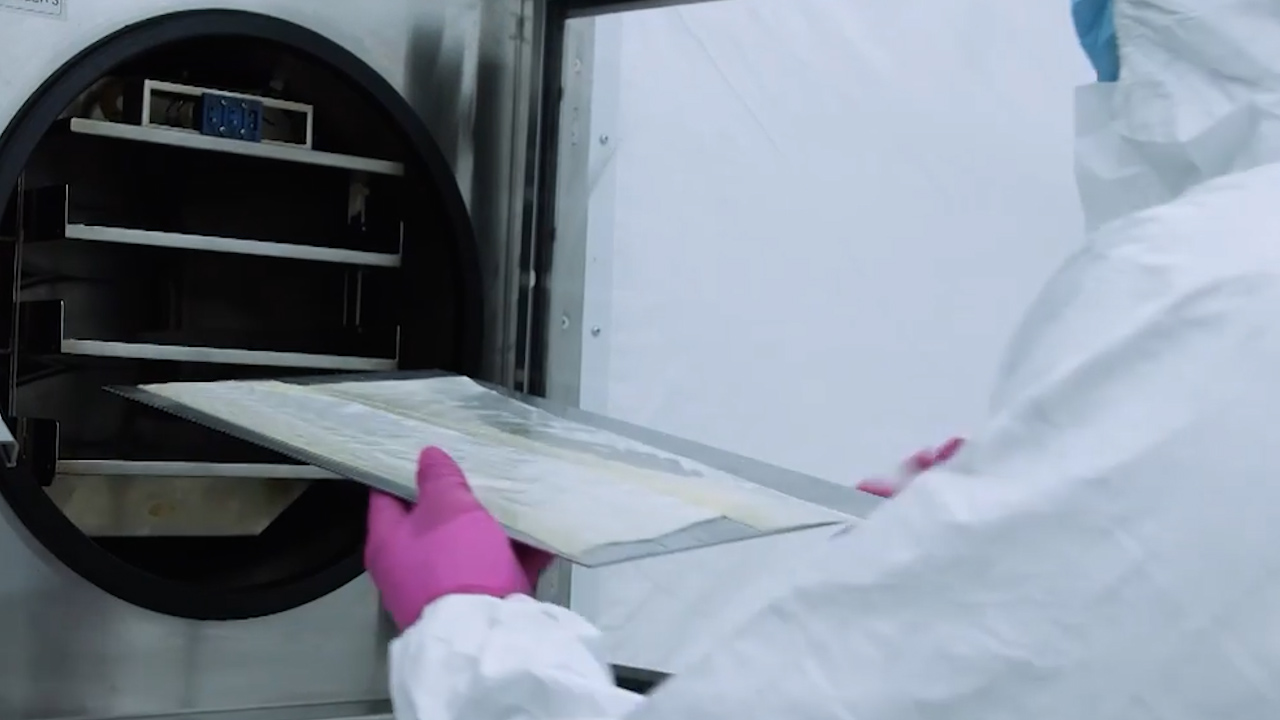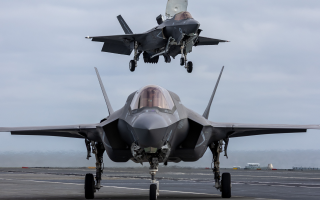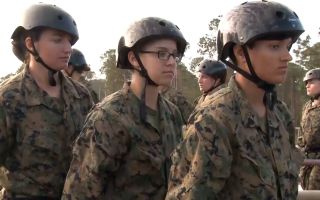How a battlefield surgeon is healing combat wounds with fish skin
A veteran British Army surgeon is using fish skin to heal war wounds with techniques he developed while treating soldiers during the conflict between Armenia and Azerbaijan.
Dr Steve Jeffery, a burns surgeon and professor of wound study at Birmingham City University (BCU), who has worked with casualties from the Iraq War and Afghanistan, found he had to think outside the box after leaving the forces in 2020 before travelling to Armenia to help injured soldiers.
Without military support, Dr Jeffery needed to think of more innovative ways to treat wounded combatants and found that the skin of the north Atlantic cod, a by-product of the seafood business, could be used to carry out a skin graft.
He began developing the use of fish skin to heal war wounds.
Dr Jeffery's work in Armenia has earned him well-deserved recognition, with the Armenian government acknowledging his dedication in instructing others on harnessing the potential of fish skin grafts.
He is now teaching future surgeons at Birmingham City University how to use cod skin to treat combat injuries.
The current gold standard for healing serious wounds is a human skin graft, but is it is not only expensive, but also requires refrigeration, which is impractical when operating out of a field hospital in a war zone.
To prevent any transmission of disease, skin from humans and other mammals must be intensely processed, which often removes many of the beneficial lipids that help speed the healing process.

Fish skin, meanwhile, is full of beneficial lipids, but does not need to be processed as much, nor does it require refrigeration.
Dr Jeffery said: "To get over that problem, what they've done previously is they've taken that skin graft and they've heavily, heavily processed it. Boiled it up to within an inch of its life.
"It turns out there's no virus that affects fishes that can also affect humans. Because it's been processed less, it keeps more of the goodies in there."
Cod skin, before it is used for a graft, must still undergo a meticulous process involving descaling, reduction, freeze-drying and sterilisation.
But once carried out, this eliminates the need for refrigeration during wartime deployments, where maintaining such facilities might be impossible.

Under a microscope, cod skin appears remarkably similar to human skin. When applied as a graft, it creates an ideal environment for healing, allowing human cells to migrate and multiply effectively, accelerating the healing process.
"The patients would keep this dressing on until they return to the UK. By the time they took this dressing off, they would be healing underneath, and it would be a simple operation just to get that closed," Dr Jeffery explained.
The broader implications of this innovation are profound. Cod skin grafts not only provide a practical solution for battlefield medicine, but also hold promise in other medical contexts.
They offer a versatile and readily available option for patients who require skin grafts due to burns, trauma or chronic wounds, particularly in resource-constrained environments.
"We have done our best to try and learn some of the lessons from experiences in Iraq, Afghanistan, etc, but I think we have a duty of care actually to try and make things progress," Dr Jeffery added.
"I feel that it's my duty to try and use some of the experience I have in the lessons. That is still what drives me."









